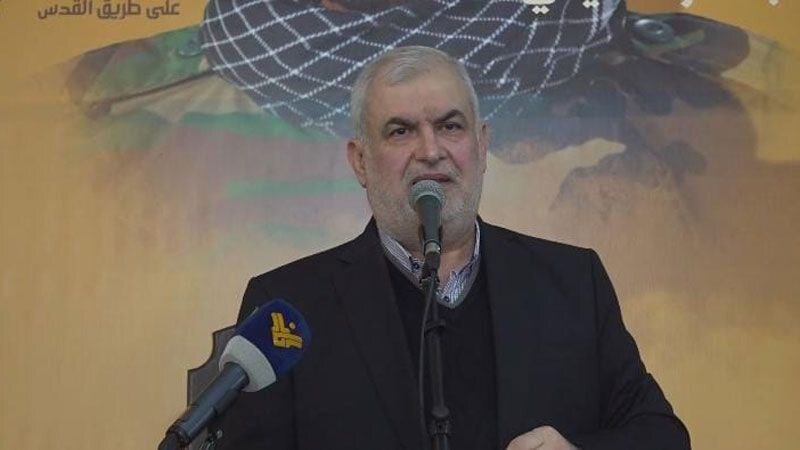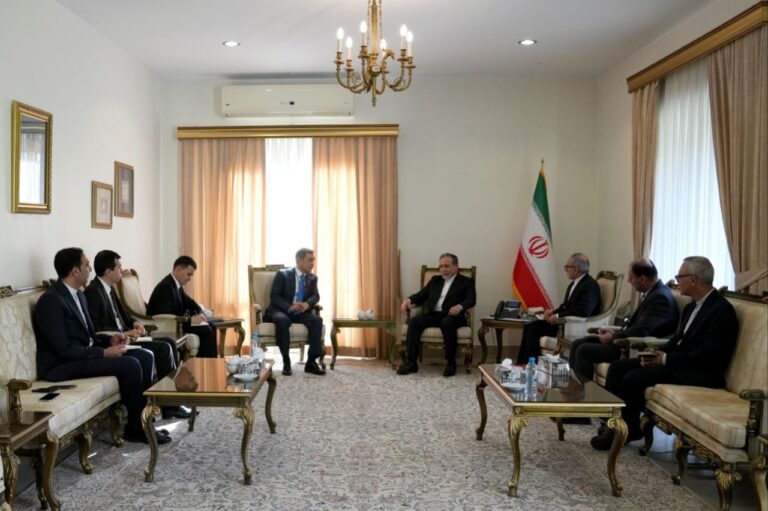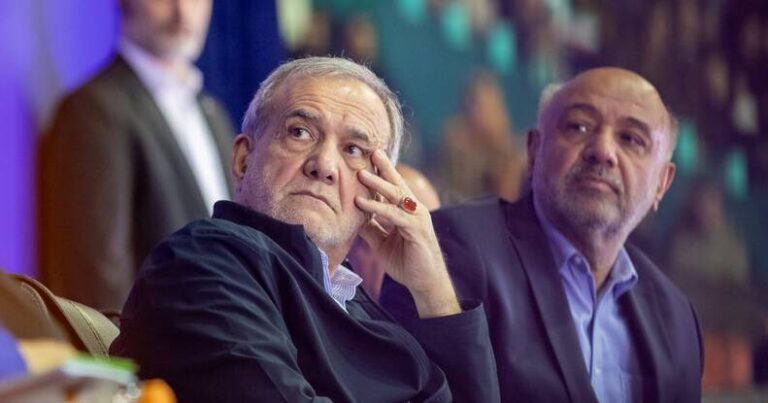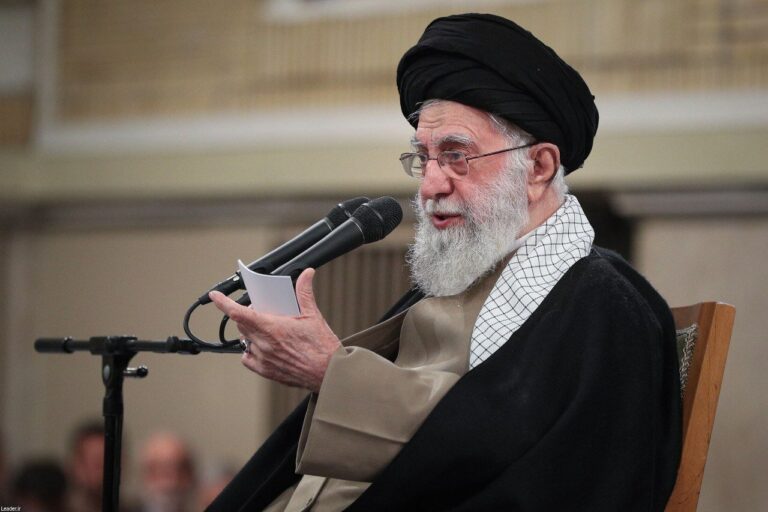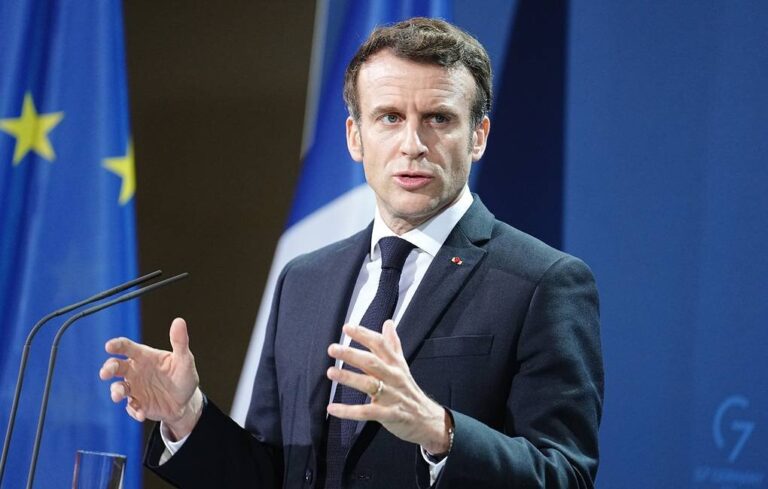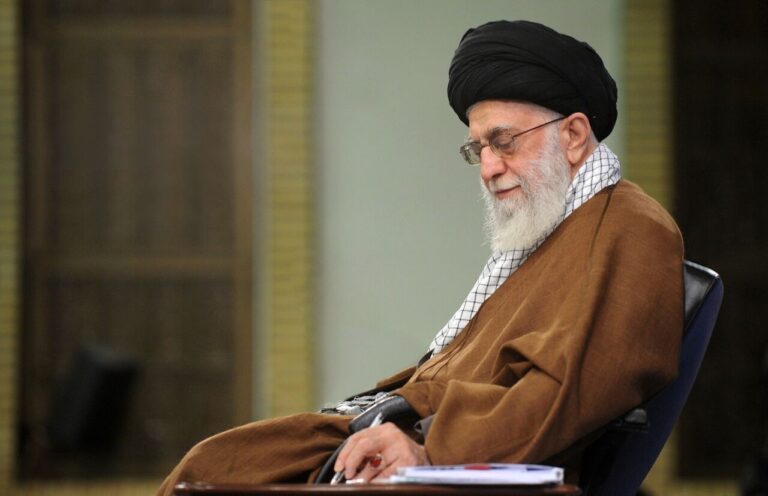Lebanon Leaders Condemn US Envoy’s Interference Remarks Amid Rising Tensions
In a significant diplomatic development, Morgan Ortagus, the US Deputy Envoy to the Middle East, emphasized that Hezbollah “should not be included” in the future government of Lebanon. Her comments have sparked a strong backlash from Lebanese officials, highlighting the ongoing tensions surrounding Hezbollah’s role in the country’s political landscape.
During a meeting with President Joseph Aoun on Friday, Ortagus made it clear that the inclusion of Hezbollah in Lebanon’s government was a “red line” for Washington. This statement has been met with fierce criticism from Hezbollah representatives and allies.
Mohammad Raad, the head of the Loyalty to the Resistance Bloc, which serves as Hezbollah’s political wing in the Lebanese parliament, responded to Ortagus’s comments by labeling them as “full of hate and irresponsibility.” He elaborated, stating that:
- Hezbollah is an “integral part” of Lebanon’s national agreement and political fabric.
- They have successfully resisted Israeli aggression, emerging victorious against it.
Raad further condemned the US envoy’s remarks as “unacceptable interference” in Lebanese affairs, arguing that they disrespected diplomatic norms and international diplomacy standards. He rejected the assertion that Hezbollah had been “defeated” by Israel, asserting that:
- The true victor is the one who exposes the aggressor’s actions.
- Israel has committed acts of genocide against civilians, targeting homes, hospitals, and entire neighborhoods.
In his statement, Raad emphasized that the ongoing conflicts in Gaza and Lebanon have revealed the “ugly reality” of the Israeli regime. He called on the global community to recognize the true sources of terrorism and displacement in the region. He stated:
“We rely on the resistance of our people, which is based on the army-people-resistance equation, the realistic equation that Lebanon can be proud of as it preserves its sovereignty.”
Mahmoud Qamati, the deputy head of Hezbollah’s political council, also condemned Ortagus’s remarks, claiming that her statements amounted to a threat against a significant segment of the Lebanese population. His comments underscore the sensitivity of US involvement in Lebanon’s political dynamics.
In a separate response, Lebanon’s presidency released a statement on X, indicating that “some of what was issued by the US Deputy Envoy to the Middle East, Morgan Ortagus, from Baabda Palace expresses her point of view, and the Presidency is not concerned with it.” This suggests an official distancing from Ortagus’s controversial statements.
Moreover, Sheikh Ahmad Qabalan, the Jaafari Mufti and a senior Shiite cleric closely aligned with Hezbollah, affirmed in a statement that:
- Hezbollah is a national force that represents Lebanon.
This latest diplomatic incident comes amid reports suggesting that the United States has been actively obstructing efforts to establish a new government in Lebanon. Sources indicate that US officials have been pressuring Lebanese leaders to curtail Hezbollah’s influence and that of its allies within the forthcoming cabinet.
According to five unnamed sources cited by Reuters, US officials have communicated messages to Lebanese Prime Minister-designate Nawaf Salam and President Joseph Aoun, urging them to limit Hezbollah’s impact on the country’s sectarian politics. This highlights the ongoing struggle for power and influence in Lebanon, particularly in relation to Hezbollah’s longstanding role in the political sphere.
As Lebanon navigates these complex political waters, the future of its governance remains uncertain, especially with external pressures influencing internal affairs. The statements from US officials, coupled with the strong reactions from Hezbollah and its allies, illustrate the delicate balance of power in a nation still grappling with the effects of past conflicts and ongoing tensions.
In conclusion, the situation surrounding Hezbollah’s role in Lebanon’s government continues to evolve, drawing international attention and local concern. As various factions respond to the US’s stance, the potential for political upheaval remains a pressing issue for the nation.
